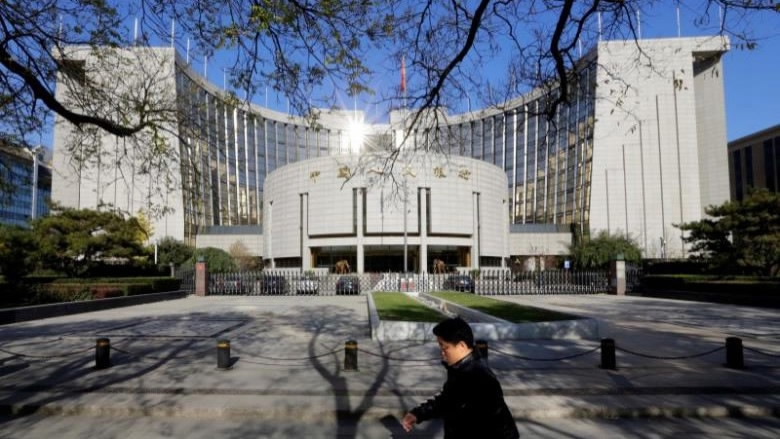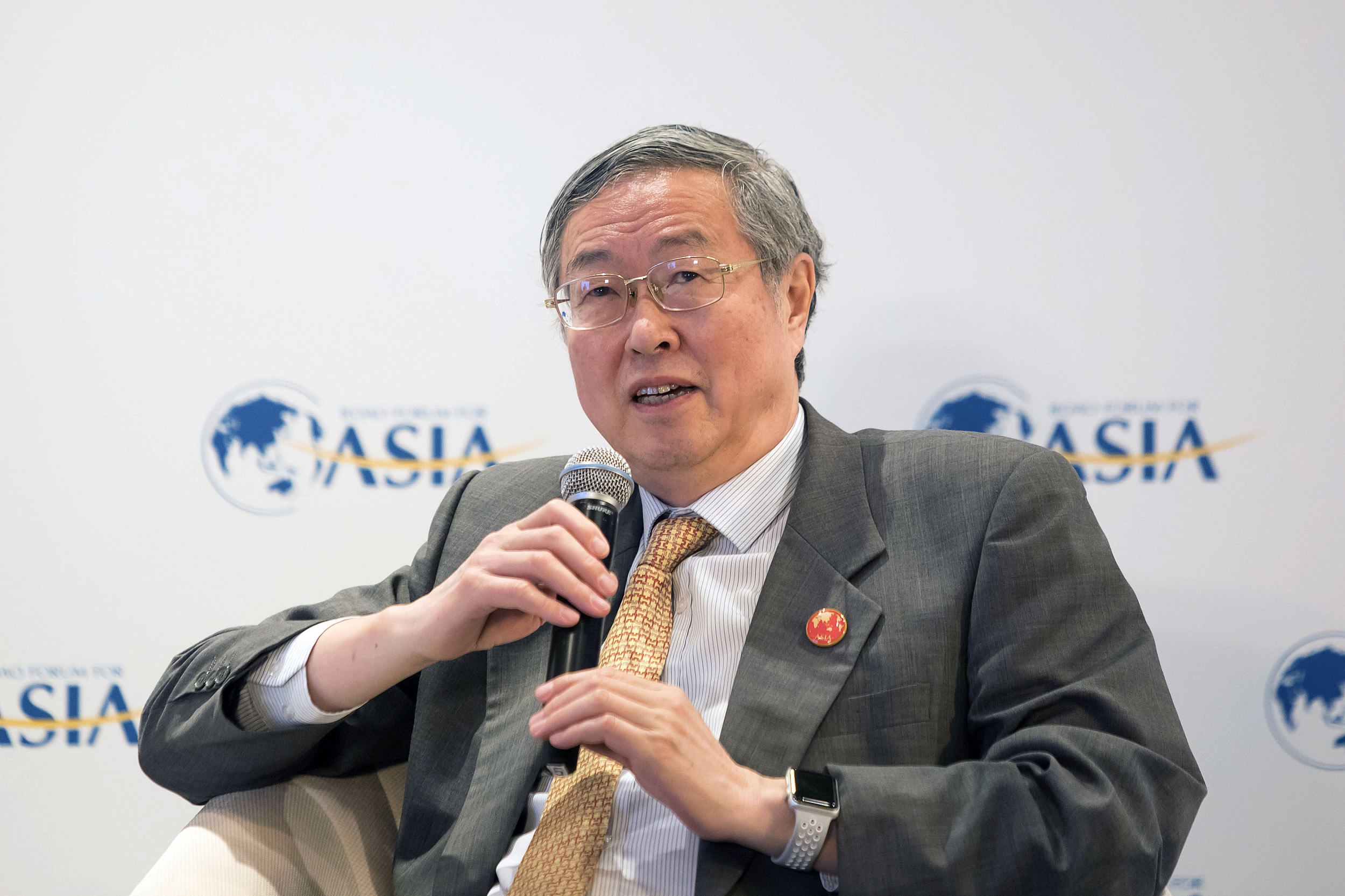
Business
16:01, 06-Jul-2017
China sticks to prudent and neutral monetary policy

China’s central bank on Tuesday said the country's economy and financial markets are generally stable and it would continue to implement a "prudent and neutral" monetary policy.
The People’s Bank of China (PBOC) made the statement after a meeting of the advisory monetary-policy committee led by PBOC governor Zhou Xiaochuan.

Zhou Xiaochuan, governor of the People's Bank of China (PBOC), speaks during the Boao Forum for Asia Annual Conference 2017 in Boao, China, on Sunday, March 26, 2017. /VCG Photo
Zhou Xiaochuan, governor of the People's Bank of China (PBOC), speaks during the Boao Forum for Asia Annual Conference 2017 in Boao, China, on Sunday, March 26, 2017. /VCG Photo
The PBOC reiterated that it would keep liquidity relatively stable and credit growing at a reasonable pace, and meanwhile closely monitor changes in international capital flows.
Ahead of a possible leadership reshuffle later this year, the central bank may loosen its grip on liquidity a little -- as the regulator did in June.
The PBOC injected a net 99.5 billion yuan (14.6 billion US dollars) into the interbank financial system via short- and medium-term liquidity tools in June, a 95 percent uptick from the previous month, to avert cash crunch.

VCG Photo
VCG Photo
In addition, the central bank pledged again to continue pushing forward on interest rate and exchange rate reforms.
Streamlining financial regulation
Coordination of financial supervision should be strengthened to form a "joint force" that prevents gaps in financial regulation, said the PBOC in a separate report released on Tuesday.
The "joint force" could be a finance coordination committee under the PBOC, according to a Caixin report, to fix the long fragmented regulatory system.
China's central bank and three other regulators have previously acted in isolation, even at cross-purposes, overseeing the banking, securities and insurance industries.
China’s leadership is set to convene a long-delayed policy meeting next Friday to streamline financial regulation.
The closed-door meeting, known as the National Financial Work Conference and traditionally held every five years, will seek to lay the foundation for how to fix the problem.

SITEMAP
Copyright © 2018 CGTN. Beijing ICP prepared NO.16065310-3
Copyright © 2018 CGTN. Beijing ICP prepared NO.16065310-3